Furphies and Whizz-Bangs: ANZAC slang from the Great War
Oxford University Press, $32.95 pb, 254 pp
Furphies and Whizz-Bangs: ANZAC slang from the Great War by Amanda Laugesen
The Great War produced its own idiom and slang. Many of the new words and phrases created during the long conflict, such as ‘tank’ and ‘barrage’, became part of standard English, although often with a different nuance of meaning.
The recording of Australian soldier slang was seen as important at the end of the war. It was recognised as being integral to the unique character of the Australian soldier and linked to the official war historian C.E.W. Bean’s characterisation of the Australian soldier as the bronzed bushman and an outstanding fighter with a disdain for authority. In 1919, W.H. Downing published Digger Dialects; he described the slang he had collected as ‘a by-product of the collective imagination of the A.I.F.’. In the early 1920s, A.G. Pretty, chief librarian at the Australian War Museum, later the Australian War Memorial, compiled a ‘Glossary of Slang and Peculiar Terms in Use in the A.I.F.’. Amanda Laugesen (now the director of the Australian National Dictionary Centre at the Australian National University) has previously edited an online version of Pretty’s ‘Glossary’ and in 2005 published Diggerspeak: The Language of Australians at War.
Continue reading for only $10 per month. Subscribe and gain full access to Australian Book Review. Already a subscriber? Sign in. If you need assistance, feel free to contact us.




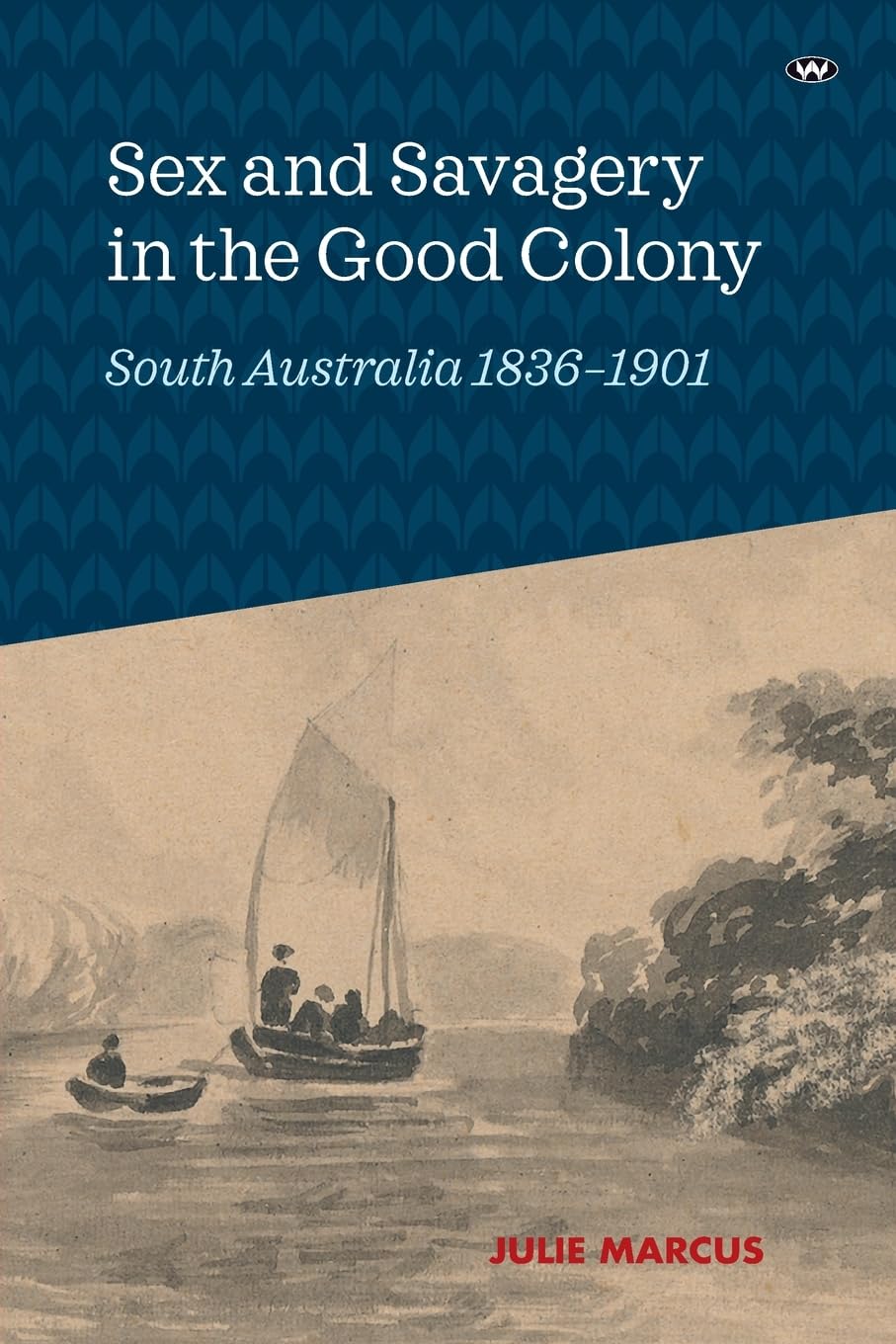


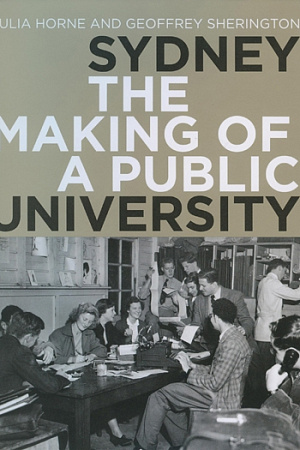
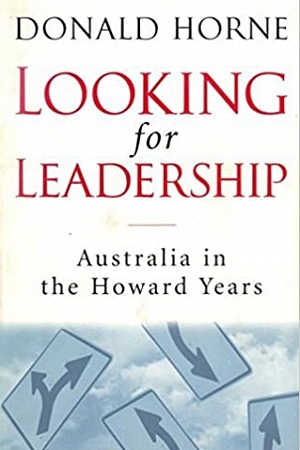
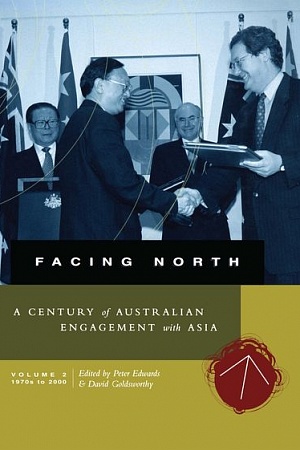
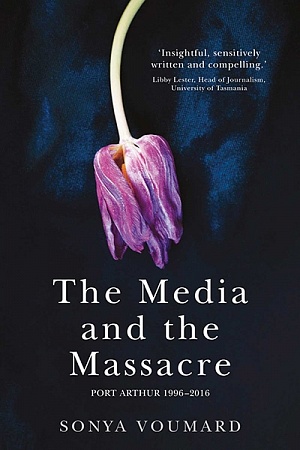
Leave a comment
If you are an ABR subscriber, you will need to sign in to post a comment.
If you have forgotten your sign in details, or if you receive an error message when trying to submit your comment, please email your comment (and the name of the article to which it relates) to ABR Comments. We will review your comment and, subject to approval, we will post it under your name.
Please note that all comments must be approved by ABR and comply with our Terms & Conditions.